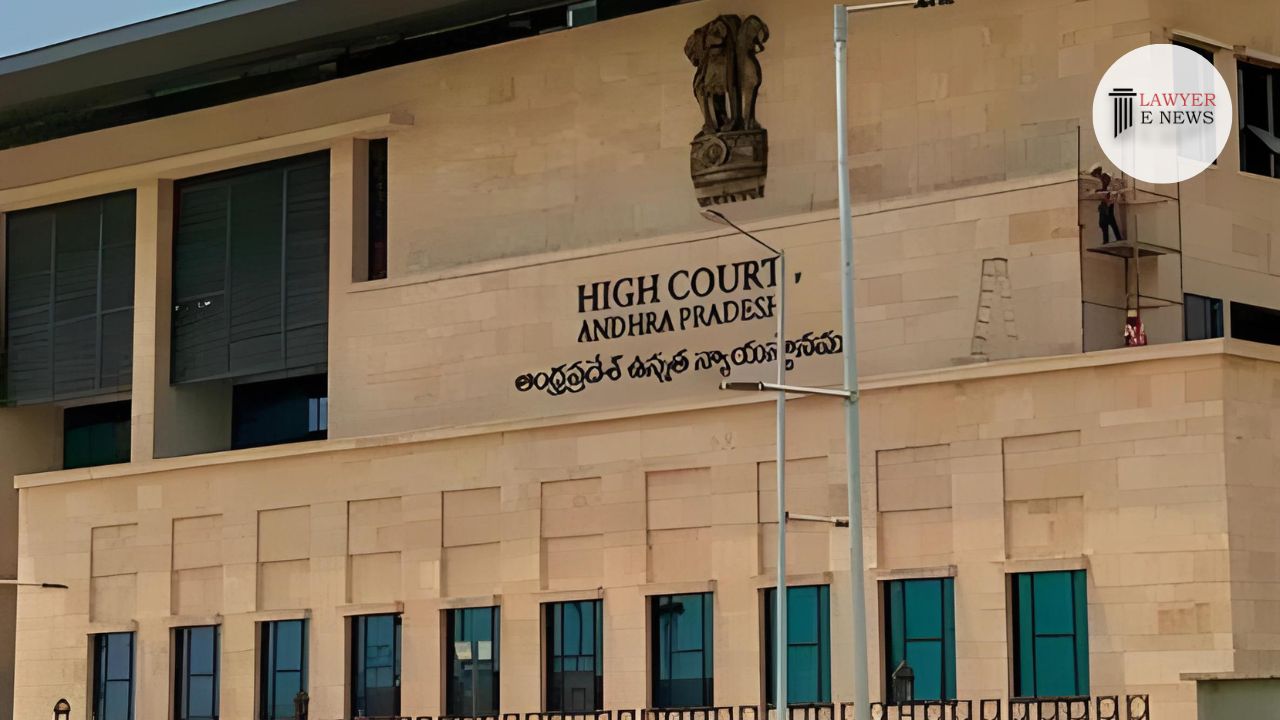-
by sayum
14 February 2026 2:22 PM



High Court Affirms Life Imprisonment for Husband in Domestic Violence Murder Case Amaravati, July 31, 2024 – The High Court of Andhra Pradesh has upheld the life imprisonment sentence of Vodde Narayanappa, convicted for the murder of his wife Sunanda, reaffirming the validity and consistency of multiple dying declarations made by the deceased. The judgment, delivered by a bench comprising Justices K. Suresh Reddy and K. Sreenivasa Reddy, underscores the weight of dying declarations in securing convictions for heinous crimes.
The appellant, Vodde Narayanappa, was convicted by the Additional Sessions Judge, Hindupur, for the murder of his wife on October 25, 2013. The prosecution alleged that Narayanappa, under the influence of alcohol and following a domestic dispute fueled by his illicit relationship with another woman, poured kerosene on Sunanda and set her ablaze. Sunanda succumbed to her injuries on October 29, 2013, after making multiple dying declarations implicating her husband.
The bench placed significant reliance on the multiple dying declarations made by Sunanda to various officials, including police officers, a Mandal Executive Magistrate, and a Junior Civil Judge. Justice K. Sreenivasa Reddy stated, “The consistency and coherence in the dying declarations provided by the deceased to different authorities at different times establish the credibility and reliability of her statements, pointing unmistakably to the guilt of the accused.”
The court rejected the defense counsel’s argument that the dying declarations were inconsistent and lacked corroboration. “In the absence of corroboration, dying declarations can still be relied upon to base a conviction if they are found to be true and trustworthy,” the court noted. The court cited precedents from the Supreme Court, emphasizing that each case must be determined on its facts and the surrounding circumstances of the dying declarations.
The court meticulously examined the evidence and testimonies presented, reaffirming the application of Section 302 IPC for murder. The judgment highlighted the accused’s intention and actions, noting that the voluntary intoxication did not extenuate his culpability. “Voluntary consumption of liquor is not a ground to extenuate oneself from the culpability of the crime,” the bench remarked.
The court referred to landmark judgments, including Kushal Rao v. State of Bombay and Paniben v. State, which establish that a dying declaration, if found reliable and not influenced by tutoring, can be the sole basis for conviction. The bench affirmed, “A dying declaration stands on the same footing as other evidence and must be judged in light of surrounding circumstances.”
The High Court’s decision to uphold the conviction reinforces the judiciary’s commitment to addressing domestic violence and ensuring justice for victims of such brutal crimes. The judgment also clarifies the legal principles surrounding the admissibility and reliability of dying declarations, providing a robust framework for future cases.
Date of Decision: July 31, 2024
Vodde Narayanappa vs. The State of Andhra Pradesh
